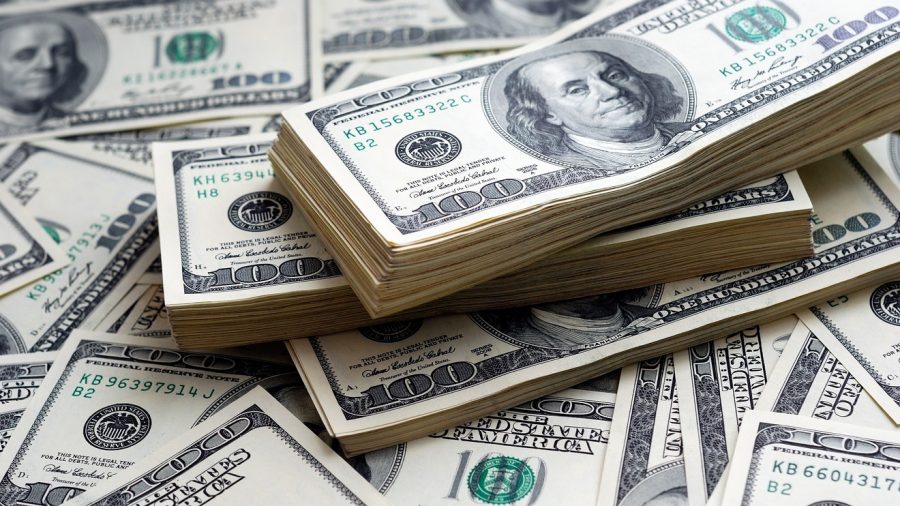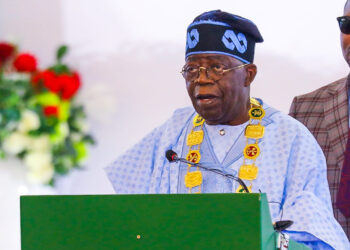Nigeria received a sum of $2.78 billion as foreign inflows in the first half of 2021, representing a 61.1% decline compared to the $7.15 billion received in the corresponding period of 2020.
This is contained in the capital importation report, recently released by the National Bureau of Statistics (NBS) for Q1 and Q2 2021.
According to the report, foreign direct investments stood at $232.74 million as against $362.84 million recorded in the corresponding period of the previous year.
Foreign portfolio investment (FPI) stood at $1.53 billion, way lower than the $4.69 billion recorded in H1 2020, while other investments stood at $1.02 billion in the review period.
READ: CBN accuses embassies, international organizations of contravening forex regulations
A cursory look at the report showed that Nigeria’s foreign inflow has dropped significantly in the past two years, dropping to its lowest level in the past four years. The last time Nigeria imported capital lower than this period was in H1 2017 when a sum of $2.7 billion was recorded as foreign inflows.

The largest inflow during the period was through portfolio investments which stood at $1.53 billion, accounting for 54.8% of the total capital inflows in H1 2021, followed by other investments ($1.02 billion), representing 36.8% of the total.
Capital inflows by sector
The banking sector received the highest foreign inflows in the review period of $1 billion, accounting for 36% of the total inflows. Shares followed closely with $901.3 million representing 32.4% of the aggregate recorded.
Financing accounted for 11.3% of the total inflows recorded in H1 2021 with $315.11 million, production with $250.22 million, agriculture was fifth on the list with $95.31 million inflows.
It is worth noting that five of the sectors did not receive any foreign inflows in the references period. The sectors were brewing, fishing, hotels, tanning, and weaving.
Capital inflows by origin
Most of the funds came into Nigeria from the United Kingdom, accounting for over half of the total inflows registered in the review period. A sum of $1.45 billion was received from the United Kingdom in H1 2021, followed by South Africa with $378.9 million.
Singapore accounted for 8.3% of the total inflows, Netherlands (5.2%), while UAE was fifth on the list with $116.35 million. Nigeria received a total of $2.78 billion from 40 countries of the world in H1 2021.
Bottom line
Nigeria’s foreign inflow has dwindled in recent times, attributable to a number of factors, which cut across insecurity, economic downturn, ease of doing business, unfavourable policies amongst others. However, it remains a fact that Nigeria needs to improve its foreign inflows so as to help boosts its economy especially as it aims for stability from the pandemic-induced recession and wreck caused by the 2020 EndSARS protest.



















My name is kelvin lyzo